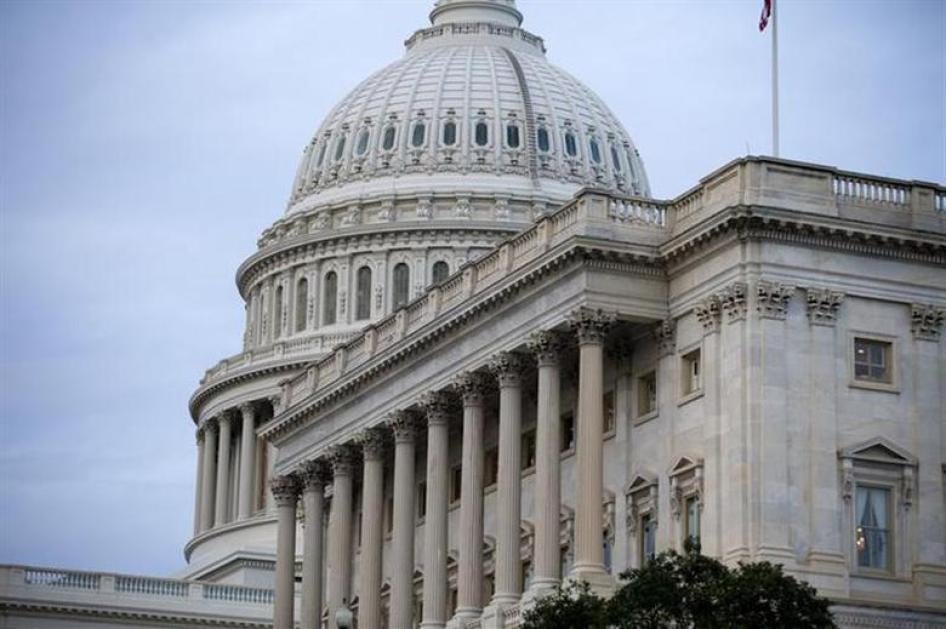The House Committee on Education and the Workforce invited me, the China director at Human Rights Watch, to testify on July 13 about Chinese government threats to academic freedom in the United States. My written testimony, which overwhelmingly focused on the role of Chinese government and Chinese Communist Party actors, also included a short phrase criticizing Trump administration actions that, in our view, compounded the larger problem.
Committee staff members asked me to delete this phrase: “the Trump administration’s fanning of anti-Chinese racism.” When I declined, they withdrew the invitation.
The hearing went ahead, and it’s critical to ensure that Chinese government actors responsible for threats to free speech in the U.S. aren’t let off the hook.
My organization has documented Chinese threats to human rights in a half-dozen democracies since 2014. Under President Xi Jinping, who assumed power in 2012, Chinese authorities aggressively seek to shape global perceptions of China, including at colleges and universities. They improperly try to influence academic discussions and institutions, monitor students and scholars of China and from China, and censor scholarly inquiry.
They have financially supported academic programs that paint the Chinese government in a wholly positive light, and they have tried to influence who is — and is not — permitted to speak on campuses. The very openness of universities in democratic nations makes them particularly vulnerable to the kinds of threats we have documented.
Censorship, self-censorship, surveillance and harassment of and threats to students and scholars of China and from China are ongoing problems on U.S. campuses. Most recently, we have tracked problems encountered by pro-democracy students from Hong Kong following Beijing’s imposition of a draconian “national security” law on that territory in 2020. And in late 2022 we examined universities’ willingness to protect the free speech of those supporting protesters in China who challenged that government’s “zero-Covid” lockdowns.
Throughout this work, we have met with hundreds of university administrators and leaders across the U.S., almost none of whom have been willing to adopt preventive or mitigating policies. Some categorically state they do not have such problems on their campuses, though when pressed they admit they do not look for evidence. Others insist that their existing rules are enough to grapple with the problems.
New and stricter American government policies around national security and financial disclosure have prompted universities to make some changes regarding their ties to Chinese state entities, but few have taken steps to improve protections regarding free speech, especially for students. Horrifying waves of anti-Chinese racism have made universities reluctant to take stronger positions, fearing they will be seen as exacerbating that problem — despite the compatibility of condemning racism and condemning threats to free speech. We drafted a code of conduct to help schools think through solutions to these problems, and some have quietly adopted our recommendations.
But there is another free speech concern at issue about this hearing. In February 2022, George Washington University reversed a decision to censor artwork on campus critical of the Chinese Communist Party. Republican Rep. Virginia Foxx, who is now the chairwoman of the Committee on Education and the Workforce, in remarks ultimately praising GWU, criticized universities for claiming to support free speech but punishing “those with different viewpoints for simply speaking their mind.” Those who fail to defend campus free speech are “no better than the Communist Chinese Party,” she said.
This remains a reasonable acknowledgment of an academic institution’s initial mistake and then its efforts to make that right. And it’s encouraging to know members of this subcommittee want to learn more about the broader topic.
But rejecting an informative analysis simply because it criticizes the Trump administration’s racist comments — which impeded effective action on Chinese government threats on campuses — raises questions about who is “better than” whom. Congressional hearings, like campus debates, are improved by robust discussion. In this instance, an intolerance for peaceful criticism in Washington benefits those in Beijing who are profoundly hostile to free speech.









